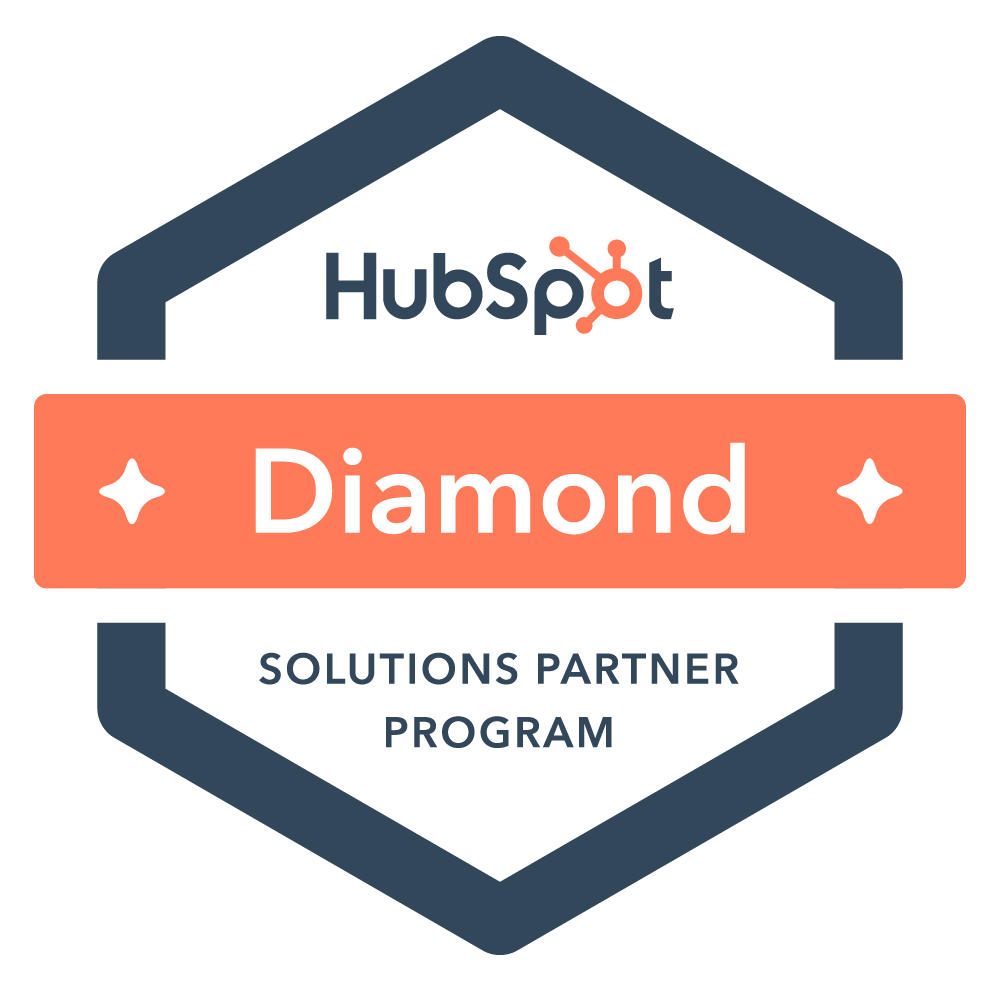The 3 best lessons we learned at Inbound 2014

On Friday, we returned to the land of sunshine and tacos (Austin, Texas) after almost a week in Boston for Inbound 2014. We got to hear inspiring keynote speeches by Malcolm Gladwell and Martha Stewart, among others. We also heard from HubSpot co-founders Brian Halligan and Dharmesh Shah, who unveiled their new CRM and a slew of other features. There was a definite buzz of excitement from HubSpot users ready to start using these shiny new tools.
But it wasn't all just awe-inspiring keynotes. In the breakout sessions, we each learned lots of things we're itching to put into practice. I filled so many pages with notes that my hands were cramping by the end of the week. In the interest of brevity, though, we'll each just share our 3 favorite takeaways.

Kelly:
1) From Simon Sinek’s keynote: Leadership is a daily practice to make the right decisions for the benefit of an organization. Leadership is sacrifice. You have to demonstrate your willingness to give of your time and your talents to your employees in order to create a culture of trust and cooperation. “Get the environment right and people can do anything.”
2) From David Meerman Scott's "The New Rules of Selling": Just as marketing strategy has evolved, so must sales strategy and practices. The goal is to accommodate the "new buyer," who is empowered by the internet to make decisions before buying. 70% of the buying decision is made before the consumer ever talks to a sales person. As David said, “Content is the new link. Marketing reaches multiple buyers at once. Salespeople can use content to add context at the moment the buyers are ready.”
3) From Dharmesh Shah and Brian Halligan's keynote: HubSpot’s philosophy is that the sales and marketing processes must align for success. They are building the platform and tools to enable businesses to grow. Use both content and context to build long term relationships with customers. Think, teach, and help your community to foster exponential growth.
*Bonus from Shiza Shahid's closing keynote: Everyone has a voice. When you feel strongly enough about an issue, you can make a huge difference.
Parker:
1) As marketing gets more sophisticated and there are newer, shinier ways to get in front of people, the underlying trend still remains: people don't like being interrupted. The most targeted advertisement in the world is still interrupting what you were trying to do. People are still trying to avoid ads.
2) The flip side of that is that content promotion has become an essential discipline. This seems like a paradox, but the subtleties make a big difference. If you're promoting your content, you're ideally putting it places people are already looking at. An example would be getting an article on IT security accepted into a trade publication - the article (and the author, and the company) gets promoted. More people see it. You didn't interrupt anyone. You've demonstrated value. It's a fine line to walk, but if you err on the side of adding value, it can help significantly.
3) Quality is going to be the big focus for marketing moving forward. Not that it wasn't already, it's just that now more than ever there are tons of people making mediocre stuff. No one ever woke up hoping to read a mediocre article that covers something they've already read somewhere else. In fact, if you read two or three mediocre articles on a website you aren't familiar with, it's probably enough for you to never go back there again. Quality content has to be something that marketers get religious about. It's hard, because oftentimes we mistake activity for progress. As Rand Fishkin of Moz says, "there's no reward for hitting the publish button." We can't just think about how quality content can help our company or clients (though that is important). We have to think about how poor content can make people perceive our company. There's a risk of a negative impact there that I don't think is yet fully realized. Look for marketers to start the trend of talking about how many articles they shoot down before they accept one, rather than how they're such a content machine.
Lindsay:
1) Writing vs. typing: Clive Thompson, author of Smarter Than You Think, took on the "typing will make us dumber" critics. His conclusion: writing by hand is better for taking notes and for organizing thoughts, because it requires you to synthesize your thoughts. Typing is better for creating written content, because it's faster and keeps ideas from getting away from you. So if you're writing a blog post or article: outline it by hand first, and then fill it in on the keyboard.
(I tried this method for writing this exact blog post, and it really helped me fight the sense of dread I get from that evil flashing cursor on my blank screen.)
2) Dan Zarrella's entire "Science of Social Media" talk. He suggested experimenting with contra-competitive timing for posting content and trying social calls-to-action. He also shared data supporting the idea that positivity gets more traction on social networks. There was no pie-in-the-sky fluffy content in this talk. Dan told us that social media efforts should be data driven, and that we should experiment to find out what gets the results we want.
3) "Find the sweet spot." Elle Woulfe gave great advice about producing content for many personas at once: find the place where several personas' needs overlap, and start there. Once you have that initial content, you can tweak it to be more pertinent to individual personas.
We'll still be digesting a lot of what we learned last week as we move into the end of the year. If you attended, what were your biggest takeaways? Share in the comments!






